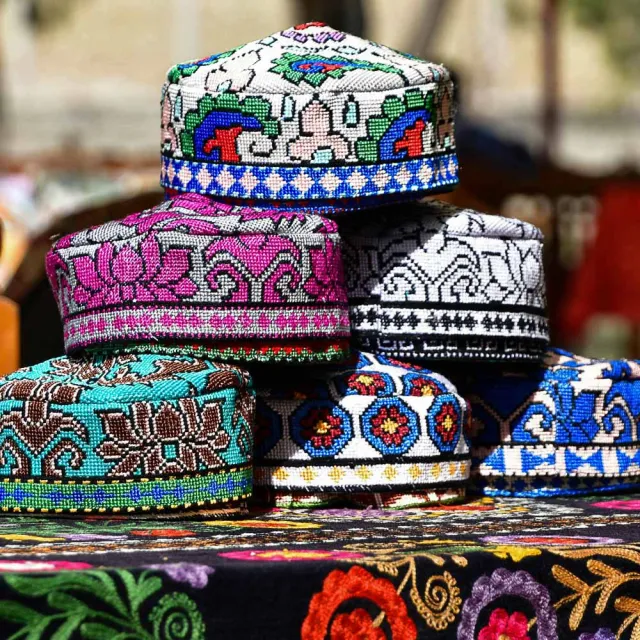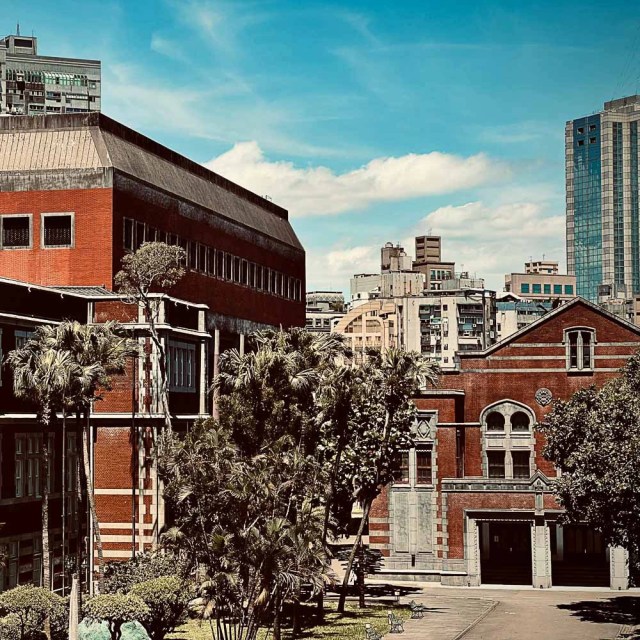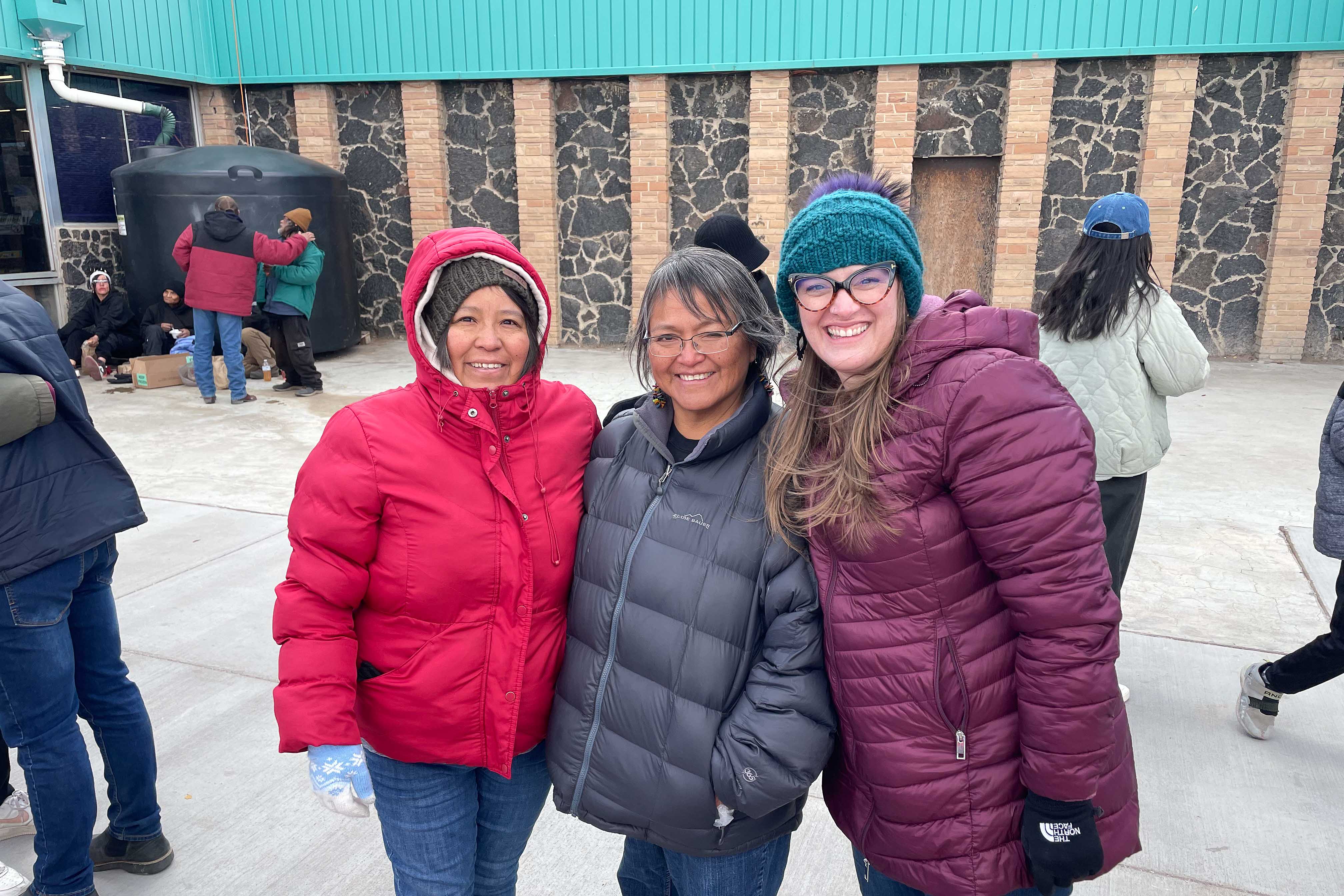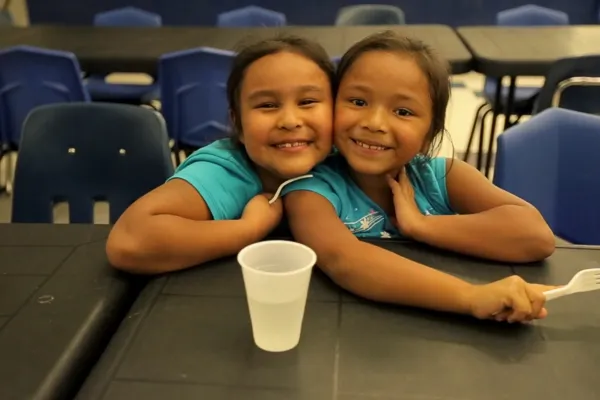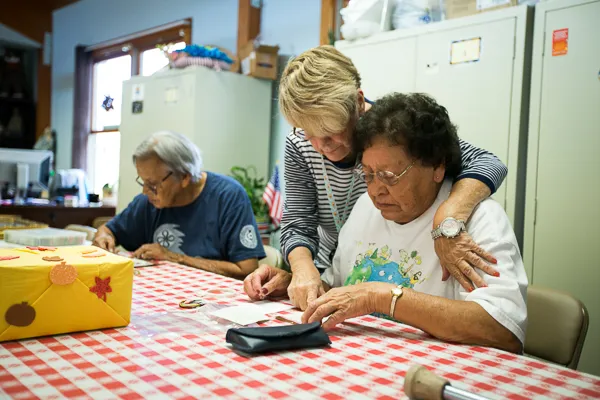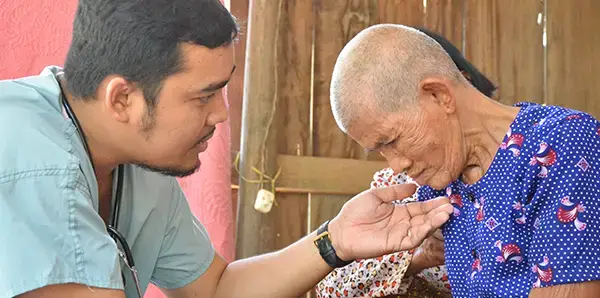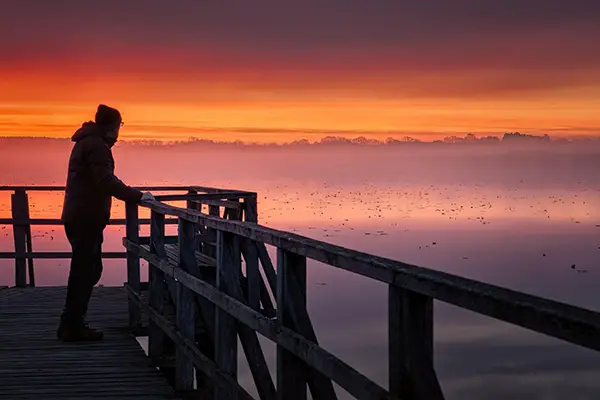A Foundation of Friendship
Short-Term Mission Teams Build Bridges in Canada’s First Nations Reserves

Maskwacîs, a First Nations community in Alberta, Canada, is home to four Cree bands: Louis Bull, Montana, Samson, and Ermineskin. As with many First Nations reserves in Canada (and Native American Reservations in the U.S.), the community has more than its fair share of challenges—the tragic result of centuries of deception, neglect and abuse by the federal government and sometimes even the church.
MTW has had a ministry presence here since 2002, when former MTW missionary and pastor Marcus Toole was called to pastor the Hobbema Fellowship Church on the Maskwacîs Reserve and minister to the Cree people. In the years that followed, MTW began sending teams from across the United States and Canada for short-term ministry—hosting conferences on topics like parenting or grief and organizing summer “camps” or Kids Clubs for the community’s children.
Bert Gibson pastored Crestwood Presbyterian Church (PCA) in nearby Edmonton from 1997–2015, and through Marcus became involved in supporting the ministry in Maskwacîs for many years. When Marcus left the field, Bert helped keep the short-term mission trips going and is actively ministering in the Montana and Samson band communities. As he neared “retirement,” he sensed a call to keep the Cree ministry going. Bert and his wife, Carole, began attending several churches on the Reserve, and started tutoring local kids to help improve their reading and math skills. The Gibsons discovered that illiteracy was a hindrance to discipleship and wanted to do their part to change that.
The Weight of History
Doing ministry in a community with so many challenges is daunting, and one of the biggest hurdles to overcome is the stigma attached to “institutional” Christianity itself and the painful history associated with it. To understand how communities like Maskwacîs got where they are now, one has to understand the complexity of the relational distrust that developed from broken promises and neglect.
“Invaders is what we were,” said Bert. “The white European community came and took the land away from them and killed their main food supply—the buffalo—and then corralled the people, confined them to a reserve not allowing them freedom to move about. The Church as a “foreign” (non-indigenous) institution was associated with the government. So you can imagine how that that might present a barrier for them hearing the gospel.”
The oppression against First Nations people didn’t end there. In the early 20th century, the Canadian Government’s Department of Indian Affairs created and funded a system of residential schools for First Nations children. The schools, which the government recruited the church to operate, were often located far away from the children’s home communities, intentionally removing them from their own culture in an effort to assimilate them into Canadian culture. Kids as young as 6 years old were forcibly taken from their homes. Churchmen cut their hair, put them in western clothing, and forced them to speak only English or French.
“Kill the Indian, save the man,” they said.
Over the next hundred years, more than a third of First Nations children were put in these residential schools. Many, it was later discovered, were physically and sexually abused. Thousands died in the schools, neglected, abused, and then buried in mass graves. Canada’s 2015 Truth and Reconciliation Report called the system “cultural genocide.”
“This just went on and on,” said Gibson. “They closed the last school in 1996, so we’re talking about multiple generations of people who associate Christianity with abuse, distrust, and harm.”
Real Reconciliation
In 2008, Canada launched the Truth and Reconciliation Commission, an effort to document the history and lasting impact of these schools on First Nations communities.
“They went throughout the country into these communities, and many of the people who experienced these schools were given the opportunity to stand up and give their story,” said Bert. “All this was collected, and then the Commission came up with a list of recommendations on how it thinks reconciliation can take place. Wow! That concept is so central to the gospel.”
The Commission’s work has been an incredibly valuable and productive step for Canada. And yet, Gibson added, the secular government’s primary means of reconciliation involves money and investment. This is needed, to be sure. Many reserves are isolated and underdeveloped, lacking even clean drinking water. Yet deep reconciliation takes more than cutting a few checks.
That’s where short-term teams come in.
“What these summer teams do is real reconciliation,” one First Nations pastor told Bert.
“How’s that?” he asked.
“Real reconciliation is about becoming friends,” he answered. “When we’re reconciled to God, we become His friends. Even better, we become part of his family. That’s what real reconciliation is about—we’re no longer alienated, but we’ve been brought together in a harmonious relationship where we’re friends.”
The way this Cree pastor sees it, Christians coming in from outside Maskwacîs, even if just for a week, demonstrates love, care, and concern. Just hanging out and having a good time with kids at a Kids Club, sharing and explaining the gospel, can make all the difference in the world.
“They don’t see us as adversaries or coming in as some kind of big brother,” said Bert. “We’re just people coming in to hang out. They are a relational people. So it means a lot to just … spend time, to demonstrate that you like them, really care about them and will engage with them on a personal level. So when we have people come from all over—from Georgia or Nova Scotia or Houston or New York City or wherever—that’s making a statement.”
Short-term teams putting on Kids Clubs (a version of vacation Bible school) or leading gospel-centered classes on parenting and grief may not seem like much, but they’re vital steps toward building a foundation of friendship and trust.
“The big challenge is discipling people and getting them to where they can feed themselves from the Scriptures and sustain that kind of movement in their own community,” said Bert. “I won’t ever see that in my lifetime, but somebody’s got to be there to light the match. I hope I’m one of those match lighters.”
Take part in one of our trips to Maskwacîs and other Native American and First Nations sites. Visit mtw.org/serve.

